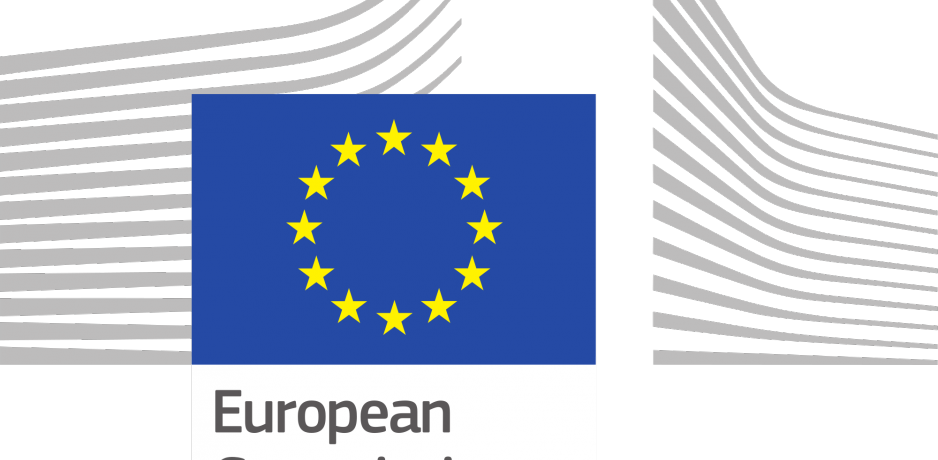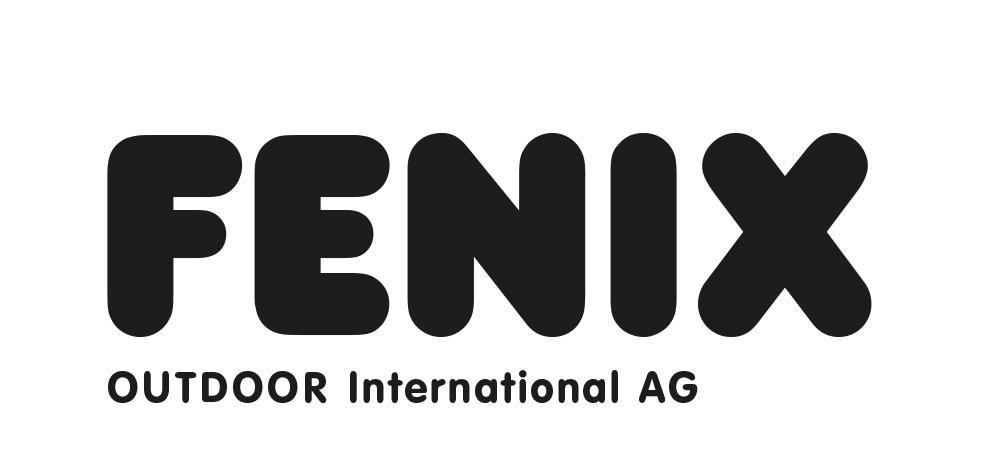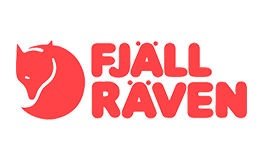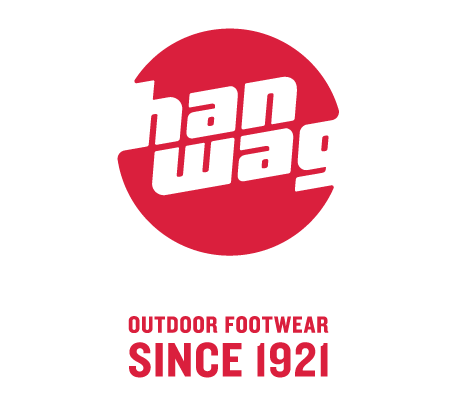EU slams ISU: What does it mean for us?

The European Commission has decided that the International Skating Union (ISU) rules imposing severe penalties on skaters participating in competitions that are not authorized by the ISU are in breach of EU antitrust laws. Fine. But what does it mean for the rest of the sporting world? Is it a landmark ruling like “Bosman”?
Everyone involved in team sports remembers the Bosman ruling from 1995. The result of it was that professional athletes could freely move to a new club after that their contracts expired, without their old club receiving a transfer fee. It had enormous consequences on all team sports in Europe. It stopped clubs from “owning” players despite not having a contract with them. As soon as their contract expired they were free agents and ready to entertain offers from other clubs. It fundamentally changed how clubs, and also agents, had to deal with players and contracts. Basically, it was landmark ruling that changed professional sports to their core. Also ruling that underlined the rights of the individual.
And nothing strange here. A professional footballer, or any pro athlete, must be subject to the same law as a professional welder, IT manager or dentist.
Will the 8 December 2017 ruling against ISU have similar consequences when it comes to the right to organize sporting events? We will see, but this is what we know right now. First a short background.
In 2015, two Dutch pro skaters, Mark Tuitert and Niels Kerstholt, filed a complaint against the ISU which, as with their eligibility regulations, threatened the skaters with lifetime bans from skating if they competed in alternative ice-skating events, not organized or sanctioned by the ISU.
The European Commission opened a formal investigation on the matter, and the ruling was announced on 8 December 2017. Just like the Bosman ruling, this one was entirely in favour of the individual(s). The commission concluded that the ISU’s restrictive penalties on athletes breach EU competition rules.
So Tuitert and Kerstholt, and of course any other professional skaters, can take part in any competitions they like, without the risk of facing any penalties from the world governing body. The ISU’s conduct was deemed illegal and the international federation has to change its rules.
Now to the interesting part. Just like the effects of the Bosman ruling were not limited to Belgian football players, the consequences of this EU decision are not limited to Dutch skaters. Antitrust rulings are far-reaching and precedent-setting.
EU Commissioner Margrethe Vestager made the following comments following the announcement of the ruling: “Athletes should have the chance to make the most of their careers while at the top of their game. But the ISU’s rules allow it to penalize skaters when they take part in competitions that the world federation hasn’t authorized. That’s a risk that a professional athlete can’t afford to take. So, in effect, those rules prevent skaters from taking part in competitions that aren’t authorized by the ISU and its members.
“It can also mean that those (“unauthorized”) competitions never happen. Because organizers can’t put together an event if top athletes are put off by the threat of a ban. And in fact, as result of these rules, only the ISU and its members actually organize international speed skating events.”
And this last sentence carries a lot of weight. Conversely and consequently, bodies other than international sport federations should be able to organize professional sporting events without the organizers or participants risking penalties, bans or sanctions.
Despite that the ruling is new, there are existing professional sporting events on the highest level which are not organized or sanctioned by the international federation. The best and most profiled example is Euroleague Basketball, Europe’s prime club competition which has been owned and run by Europe’s top professional clubs since 2000.
The world governing body, FIBA, has been in conflict with the Euroleague for 17 years, often disputing its legitimacy, but this ruling by the European Commission definitely cements the Euroleague’s status.
Euroleague Basketball summarized the antitrust decision in their statement: "Euroleague Basketball welcomes the decision of the European Commission as it sets a precedent to ensure freedom of choice for athletes across all sports – as well as clubs and competition organizers – as the European Commission 'requires the ISU to stop its illegal conduct' and 'not to impose or threaten to impose unjustified penalties on athletes'."
It is finally very clear – given the Bosman and ISU rulings – that the European Commission’s anti-trust decisions are protecting individuals ahead of organizations and in favour of free-marketization ahead of monopoly.
Read the full European Commission Press Release on the ISU-ruling
Read the full Euroleague Basketball statement following the ISU-ruling









